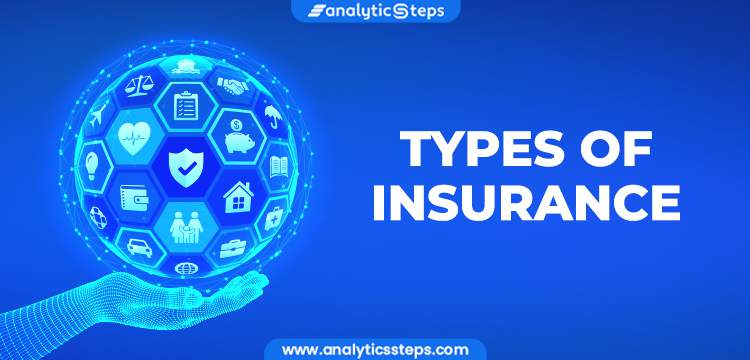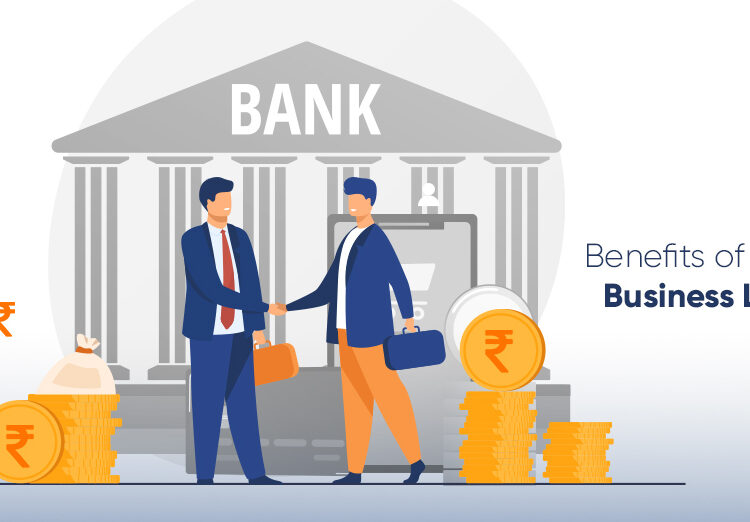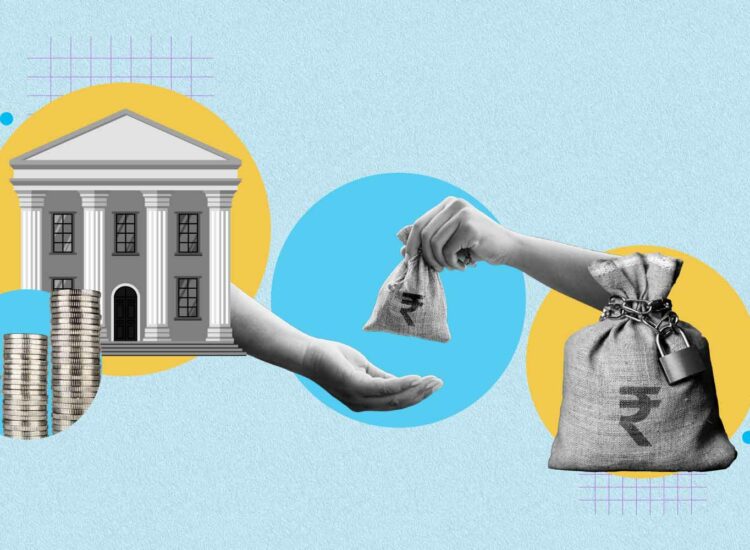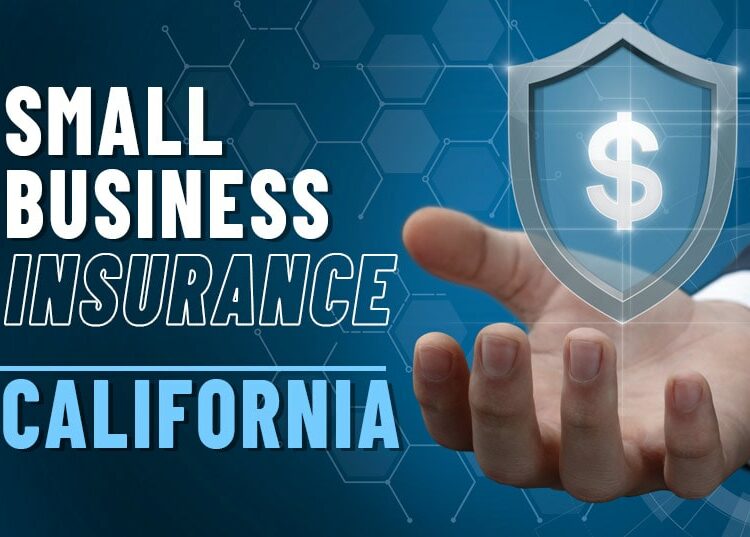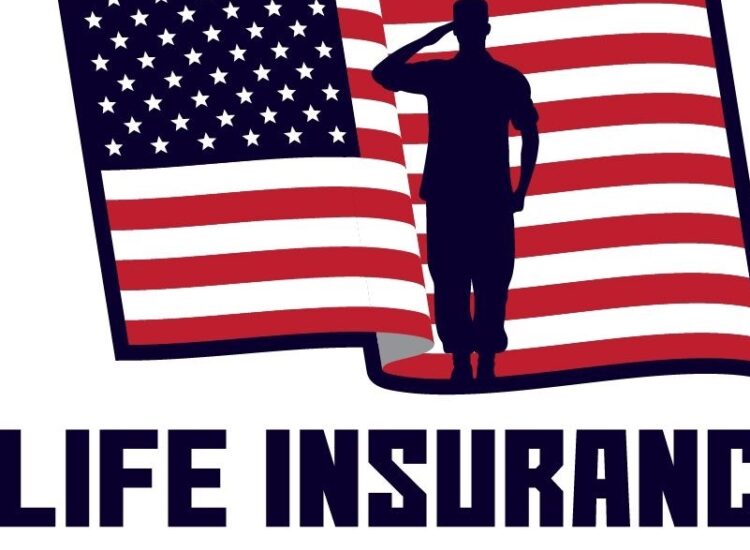Many Americans struggle with high-interest debt, often considering consolidation loans as a solution. The question, does a consolidation loan affect credit? is paramount. While it can temporarily lower your score due to hard inquiries and new account openings, responsible management can lead to long-term improvement. Understanding the nuances is key to making an informed decision.
Toc
- 1. Understanding the Immediate Impact on Your Credit Score
- 2. How Long Does a Consolidation Loan Affect Credit? The Timeline of Recovery
- 3. Debt Consolidation Loan Options and Their Credit Implications
- 4. Does a Consolidation Loan Affect Credit Card Scores?
- 5. Does Debt Consolidation Affect Buying a Home or Car?
- 6. Related articles 02:
- 7. Is Debt Consolidation a Good Idea? Weighing the Pros and Cons
- 8. The Best Way to Consolidate Debt Without Hurting Credit
- 9. Alternative Debt Management Strategies
- 10. Conclusion
- 11. Related articles 01:
Understanding the Immediate Impact on Your Credit Score

When considering a debt consolidation loan, it’s crucial to recognize that a temporary dip in your credit score is likely after applying. This decline can raise concerns for individuals looking to improve their financial standing.
The Temporary Credit Score Dip Explained
Several factors immediately impact your credit score:
- Hard Inquiries: Each time you apply for a new loan, lenders conduct a hard inquiry on your credit report to assess your creditworthiness. This process can lead to a minor reduction in your credit score, typically between five to ten points. For example, applying for three credit cards within a 30-day period will likely result in a larger negative impact than applying for a single loan. Credit scoring models often consider the frequency of inquiries within a specific timeframe. FICO scoring models, for instance, group multiple inquiries within a short period (typically 14-45 days) as a single inquiry to mitigate the impact of rate shopping. Hard inquiries remain on your credit report for up to two years but tend to have the most significant impact within the first few months.
- New Account Opening: Opening a new credit account can also negatively influence your credit score. Lenders may perceive new accounts as a higher risk, leading to a short-term score decrease. Furthermore, this new account reduces the average age of your credit accounts, which is an important factor in credit scoring models.
- Credit Utilization: If you consolidate credit card debt into a personal loan, your credit utilization ratio on those credit cards may drop to zero. However, if the new loan is not managed properly, your overall credit utilization could temporarily increase. A good rule of thumb is to keep your credit utilization ratio below 30%, ideally below 10%. For example, if your total available credit is $10,000, keeping your outstanding balance below $3,000 is beneficial. High utilization suggests a higher risk of default and can negatively affect your credit score, so it’s crucial to maintain a balance.
Typical Duration of the Credit Impact
The duration of the impact on your credit score can vary depending on your financial habits and the specifics of your situation. Generally, the initial drop in credit score may last for a few months, but consistent, on-time payments can help to recover your score within six to twelve months. The key is to maintain good financial habits during this period to facilitate a quicker recovery.
How Long Does a Consolidation Loan Affect Credit? The Timeline of Recovery
Understanding how long does a consolidation loan affect credit is crucial for individuals concerned about their creditworthiness. While the initial dip may be concerning, it’s important to recognize that recovery is possible with disciplined financial behavior.
Factors Influencing Credit Recovery
Several factors can influence the timeline for recovering your credit score after taking out a consolidation loan:
- Payment History: Your payment history is the most significant factor in your credit score. Making consistent, on-time payments on your consolidation loan is essential for rebuilding your credit. Each on-time payment contributes positively to your credit profile, helping to offset any negative effects from the initial loan application.
- Number of Hard Inquiries: If you applied for multiple loans in a short period, the cumulative effect of hard inquiries can prolong the time it takes for your score to recover. Limiting applications and consolidating your inquiries within a short timeframe can mitigate this impact.
- Credit Utilization: Maintaining a low credit utilization ratio is crucial. If you have transferred credit card balances to a consolidation loan, ensure that you do not accrue new debt on those cards. Keeping your utilization below 30% can help improve your credit score.
Realistic Timeframe for Credit Score Improvement
Most individuals can expect to see improvements in their credit scores within six to twelve months after consolidating their debt, provided they maintain responsible payment habits. Monitoring your credit report during this period is advisable, as it allows you to track your progress and identify any discrepancies that may arise.
Debt Consolidation Loan Options and Their Credit Implications
When considering whether a consolidation loan is right for you, it’s essential to understand the various debt consolidation methods available and how they can affect your credit.
Types of Debt Consolidation Loans
- Personal Loans: Personal loans are a common option for debt consolidation. These loans often come with lower interest rates than credit cards, making them an attractive choice for individuals looking to manage high-interest debt. However, they typically require a good credit score to qualify for the best terms.
- Balance Transfer Credit Cards: These cards allow you to transfer high-interest credit card balances to a new card that offers a lower or zero interest rate for a limited time. This option can be beneficial if you can pay off the balance before the promotional period ends. However, it’s crucial to understand the terms and any fees associated with the balance transfer.
- Home Equity Loans: If you own a home, you may consider using a home equity loan to consolidate debt. These loans typically offer lower interest rates, but they come with the risk of losing your home if you default on payments. It’s essential to carefully assess your ability to repay this type of loan before proceeding.
Credit Implications of Each Method
- Personal Loans: While personal loans can lead to a temporary dip in your credit score due to hard inquiries, they often provide a pathway to long-term credit improvement if managed responsibly. Paying off high-interest debt can lower your overall credit utilization ratio.
- Balance Transfer Credit Cards: Using balance transfer cards can significantly reduce your interest payments and help you pay down debt faster. However, if you fail to pay off the balance before the promotional period ends, you could face high interest rates, which could negatively impact your credit.
- Home Equity Loans: These loans can provide significant financial relief if you have substantial equity in your home. However, the risks associated with using your home as collateral should not be underestimated. Missing payments could lead to foreclosure, which would severely damage your credit score.
The Rise of Fintech Lending and Its Impact on Debt Consolidation
In recent years, the rise of fintech lending has transformed the landscape of debt consolidation. Online lenders have increased the availability of debt consolidation loans, often providing a more convenient application process and quicker approvals compared to traditional banks. While this accessibility can be beneficial for borrowers, it also necessitates careful scrutiny of loan terms and fees. Borrowers should be vigilant, as the ease of obtaining loans through fintech platforms may lead to impulsive financial decisions.
Does a Consolidation Loan Affect Credit Card Scores?
Yes, a consolidation loan can impact your credit card scores. If you transfer balances from credit cards to a consolidation loan, your credit utilization ratio on those cards will decrease, which is generally positive for your credit score. However, if you continue to accrue debt on your credit cards after consolidation, your credit utilization may increase, negatively affecting your score.
Does Debt Consolidation Affect Buying a Home or Car?
For many individuals considering a consolidation loan, the implications for major purchases like buying a home or a car are a significant concern. Understanding how debt consolidation affects these processes is crucial for informed decision-making.
Does Debt Consolidation Affect Buying a Home?
The short answer is yes; debt consolidation can affect your ability to buy a home. Initially, the temporary dip in your credit score may hinder your chances of getting approved for a mortgage. Lenders often look for a solid payment history and a favorable credit utilization ratio when considering mortgage applications.
However, the long-term benefits of debt consolidation can outweigh the initial drawbacks. By making consistent, on-time payments on your consolidation loan, you can improve your credit score over time. This improvement can enhance your mortgage application, making you a more attractive borrower to lenders.
Does Debt Consolidation Affect Buying a Car?
Similarly, debt consolidation can impact your ability to secure an auto loan. While the initial decrease in your credit score may complicate approval for a car loan, consolidating your debt can lead to a lower debt-to-income ratio, which can improve your chances of getting approved. A lower debt-to-income ratio demonstrates to lenders that you have a manageable level of debt relative to your income.
Just like with home loans, maintaining a history of on-time payments is vital for securing favorable financing terms for your vehicle. By managing your consolidation loan responsibly, you can position yourself better for future auto purchases.
Is Debt Consolidation a Good Idea? Weighing the Pros and Cons
Before deciding to pursue a debt consolidation loan, it’s essential to weigh the benefits and drawbacks to determine if it’s the right choice for your financial situation.
Benefits of Debt Consolidation
- Lower Interest Rates: One of the most significant advantages of debt consolidation is the potential for lower interest rates. By consolidating high-interest debts into a single loan with a lower rate, you can save money over time.
- Simplified Payments: Consolidation allows you to combine multiple debts into one monthly payment, making it easier to manage your finances. This simplicity can reduce stress and help you stay organized.
- Improved Budgeting: With a single payment to manage, it becomes easier to budget effectively. You can allocate funds more efficiently, ensuring that you stay on track with your repayment plan.
- Potential for Long-Term Credit Score Improvement: While there may be an initial dip in your credit score, consistent on-time payments can lead to significant improvements in your credit profile over time.
Disadvantages of Debt Consolidation
- Higher Overall Interest Costs: One of the main disadvantages of debt consolidation is the possibility of paying more interest over a longer repayment term. If you extend the term of the loan significantly, your monthly payments may decrease, but the total interest paid could increase.
- Risk of Accumulating More Debt: If you consolidate existing debt but continue to use credit cards without addressing underlying spending habits, you may find yourself in a worse situation than before. It’s essential to change your financial behaviors to avoid falling back into debt.
- Loss of Collateral: If you opt for a home equity loan to consolidate debt, there’s a risk of losing your home if you fail to make payments. This risk should be carefully considered before proceeding with this option.
- Debt Consolidation as a Short-Term Solution: Debt consolidation may not address the root causes of debt, such as overspending habits, and may lead to future debt accumulation if not coupled with responsible financial behavior. For many, it serves as a band-aid rather than a permanent fix to deeper financial issues.
The Best Way to Consolidate Debt Without Hurting Credit
To minimize the negative impacts on your credit while consolidating debt, consider implementing the following strategies:
Practical Steps for Responsible Debt Consolidation
- Check Your Credit Report: Understanding your credit situation can help you apply for loans with favorable terms. Review your credit report for errors and address any discrepancies before applying.
- Shop Around for Rates: Take the time to compare interest rates and terms from different lenders. This diligence can help you find the best deal and minimize the impact on your credit.
- Create a Budget: Establish a realistic budget that allows for consistent, on-time payments on your consolidation loan. This budget should account for all necessary expenses while ensuring you can meet your loan obligations.
- Set Up Automatic Payments: Automating your payments can help you avoid late fees and potential hits to your credit score. This strategy ensures that you consistently meet your payment deadlines.
- Address Underlying Spending Habits: It’s crucial to identify and address any spending habits that may have contributed to your debt. Consider implementing strategies such as budgeting or seeking financial counseling to help you manage your finances more effectively.
Mitigating the Disadvantages of Debt Consolidation
To avoid the pitfalls associated with debt consolidation, consider the following best practices:
- Limit Hard Inquiries: When shopping for loans, try to keep your inquiries within a short time frame to minimize their impact on your credit score. Multiple inquiries can compound the negative effects.
- Choose the Right Loan Terms: Carefully consider the length and terms of your consolidation loan to ensure it fits your budget. Look for loans that offer manageable payments without extending the term excessively.
- Stay Disciplined with Payments: Make it a priority to pay on time consistently. This discipline will help rebuild your credit over time and establish a positive payment history.
Alternative Debt Management Strategies
For those who may not find debt consolidation suitable, several alternative debt management strategies can be beneficial. One such option is a debt management plan (DMP) offered by credit counseling agencies. DMPs negotiate lower interest rates and monthly payments with creditors without requiring a new loan. This approach can help borrowers avoid the risks associated with consolidation loans, allowing them to pay off their debts while maintaining better control over their finances. Furthermore, participating in a DMP may have a less detrimental impact on credit scores compared to a consolidation loan.
Conclusion
In summary, understanding whether a consolidation loan affects credit is essential for anyone grappling with high-interest debt. While there may be initial drawbacks, the long-term benefits of improved credit scores, lower credit utilization, and the ability to manage debt effectively often outweigh these concerns. By evaluating your financial situation, comparing consolidation methods, and maintaining responsible payment habits, you can successfully navigate the debt consolidation process and work towards achieving your financial goals.
With careful planning and informed decision-making, individuals can leverage debt consolidation as a valuable tool for improving their financial health and creditworthiness. Consider consulting a financial advisor to determine the best course of action for your specific situation. Remember, the key to successful debt management lies not just in consolidating debt but in adopting disciplined financial habits that prevent future debt accumulation.
